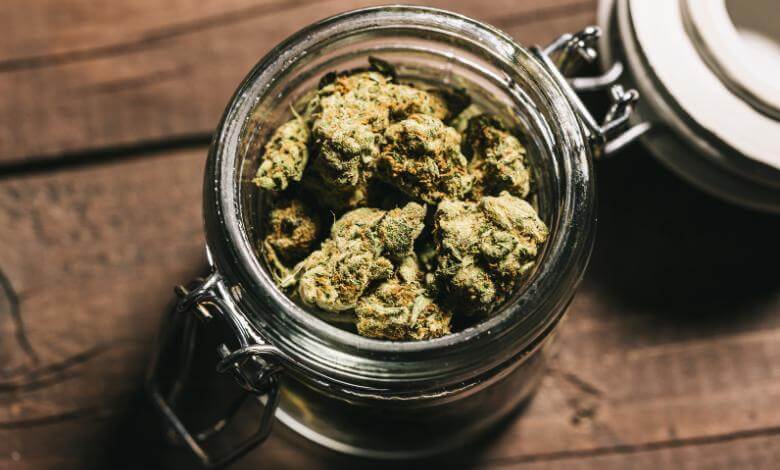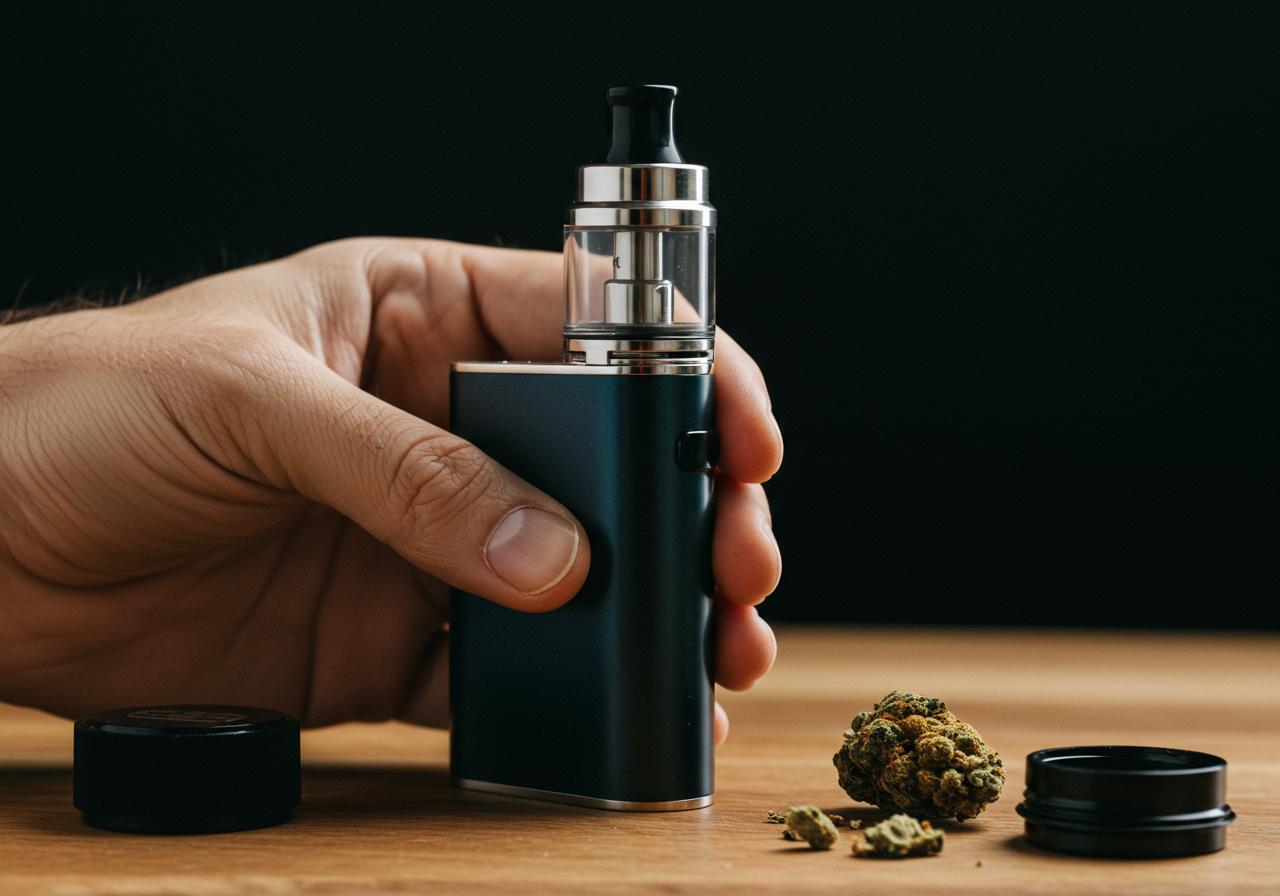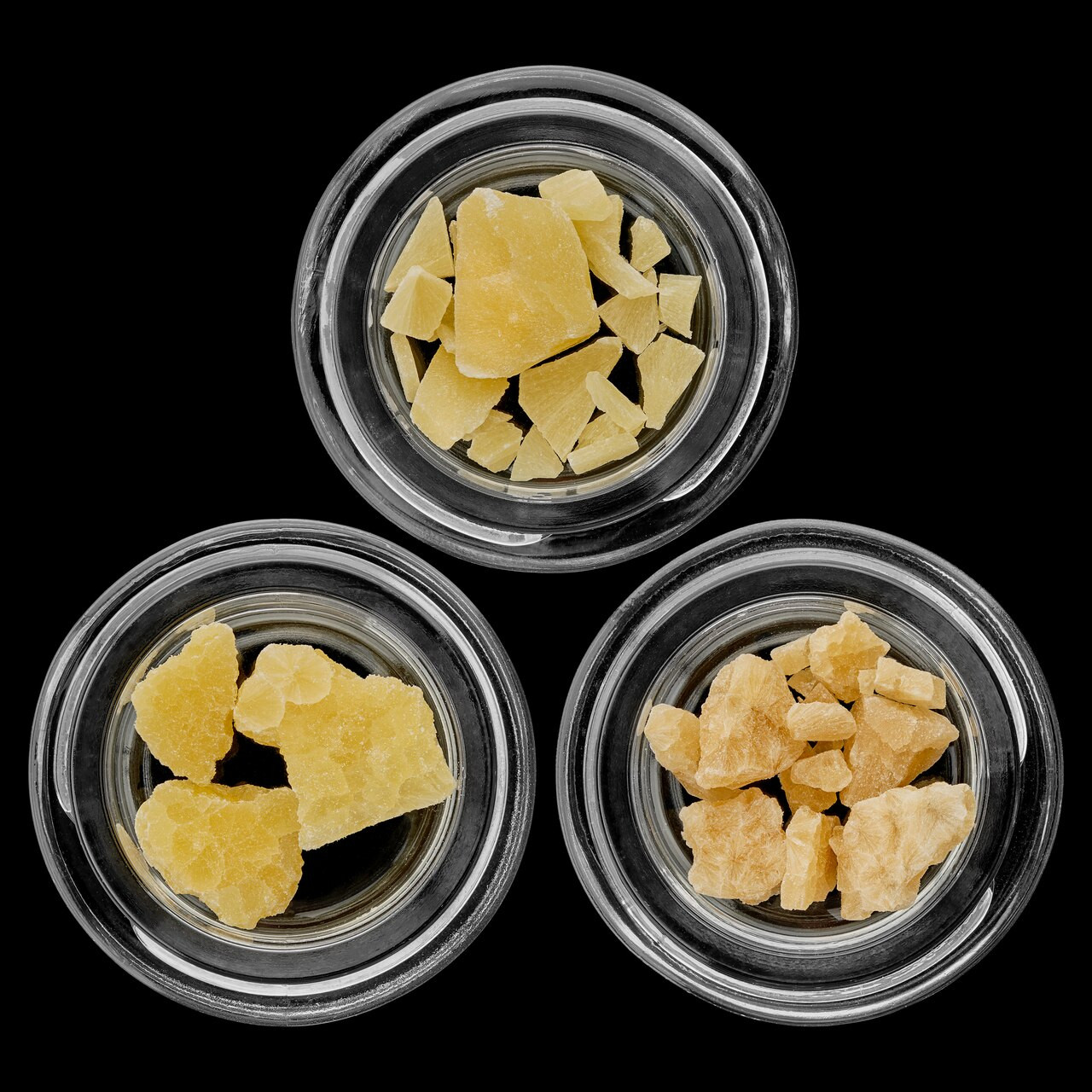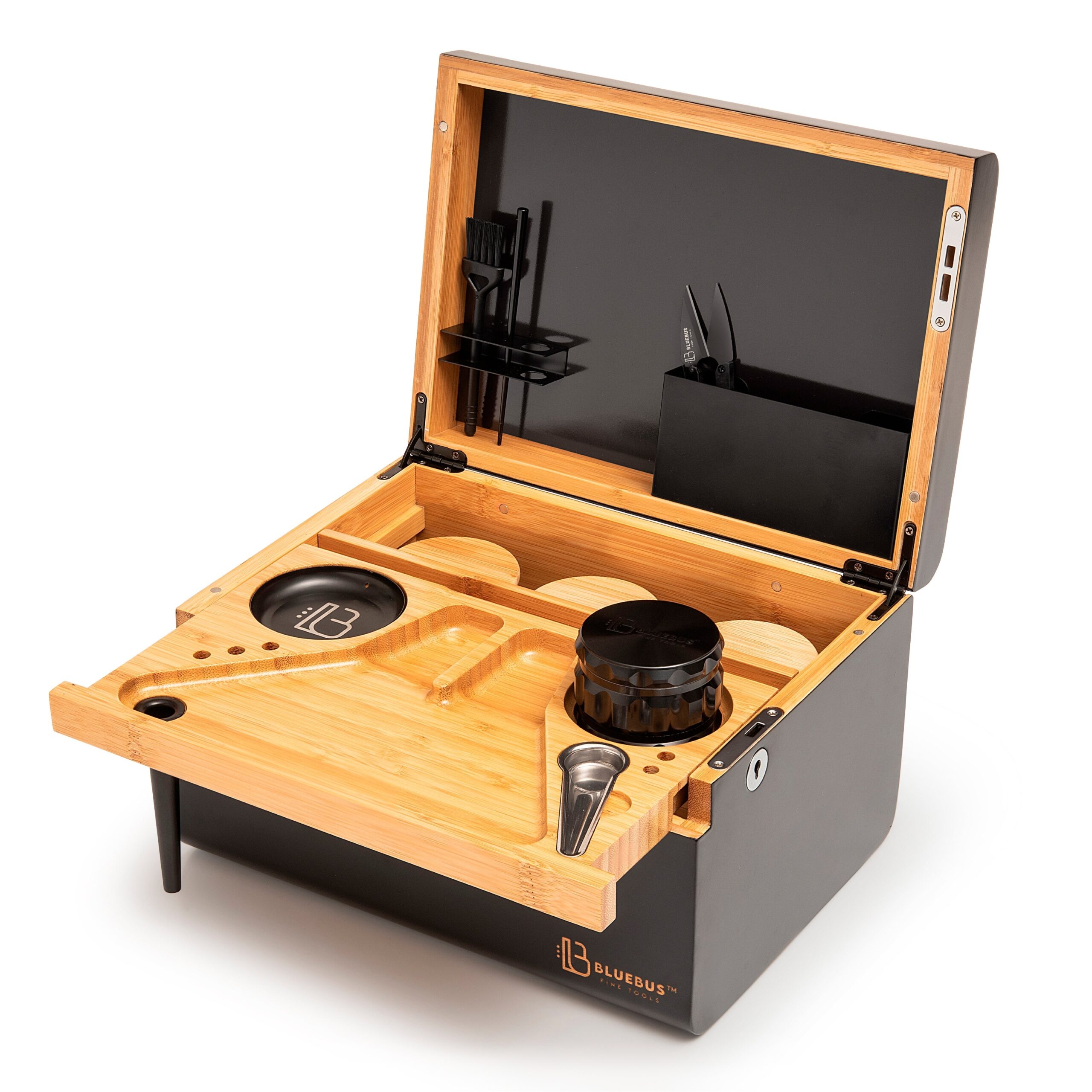Is Medical-Only Weed Legal in Oklahoma?
Published on September 3, 2021
Last Updated on January 6, 2026

Oklahoma continues to prohibit recreational cannabis, and those who are caught possessing marijuana can still face criminal charges. However, the Sooner State does manage a medical marijuana program for patients with certain qualifying conditions, which allows them to purchase weed at licensed dispensaries using a state-issued medical marijuana card.
History of Weed Laws
In 2018, Oklahoma legalized medical marijuana when voters passed Question 788 on June 26, which was also known as the Medical Marijuana Legalization Initiative. As a result, Oklahoma became the 30th state to legalize cannabis for medicinal use.
In 2020, Oklahoma was ready to vote on the legalization of adult-use cannabis, also known as recreational cannabis, but the COVID-19 crisis hindered the efforts by preventing assembly of those looking to gather signatures. Adult-use marijuana remains illegal in Oklahoma.
The medical marijuana program in Oklahoma is managed by the Oklahoma Department of Health, who manages the Oklahoma Medical Marijuana Authority (OMMA) which was launched to develop rules and regulations pertaining to all aspects related to the program, including the operations of dispensaries, qualifying conditions for patients and the application process for both patients and caregivers. They also provide licensing to distributors, cultivators, processors laboratories and dispensaries throughout the state.
Where Can a Person Legally Purchase Weed in Oklahoma?
Anyone without medical authorization cannot legally purchase marijuana in Oklahoma and failing to comply can lead to criminal charges. The only people who may buy marijuana in Oklahoma are state-authorized medical patients and caregivers. Patients and caregivers may only buy marijuana from state-approved dispensaries that are found throughout the state. Delivery services are prohibited in Oklahoma, meaning that dispensaries cannot deliver cannabis to patients’ homes. But, patients can authorize caregivers through the state who can make purchases on a patient’s behalf and deliver them to the patient.
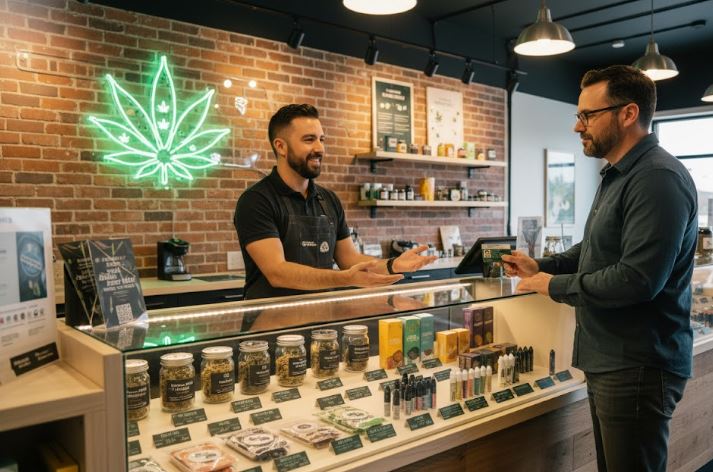
There are no purchase limits in Oklahoma, but there are possession limits that must be adhered to. All medical marijuana products come with a 7% sales tax.
Understanding Oklahoma’s Cannabis Landscape
Oklahoma’s cannabis laws are a bit like an unexpected plot twist in a laid-back novel. Here, medical cannabis finds its home, yet recreational use remains a distant dream. When we say “medical-only,” we’re talking about a system where only individuals with medical needs can legally access cannabis. Despite this seeming restriction, Oklahoma boasts one of the most accessible medical cannabis markets in the United States. But what makes this state stand out, and how does the system actually work? Let’s dive into the ins and outs of Oklahoma’s medical cannabis scene.
A Quick History: How Oklahoma Got to Medical-Only Cannabis
The journey to legalizing medical cannabis in Oklahoma is akin to a gripping drama filled with twists and turns. It all began with State Question 788 in 2018, a pivotal vote that turned the tide from prohibition to acceptance. Unlike many states with strict entry barriers, Oklahoma embraced a more open approach, leading to rapid growth in the medical cannabis sector. The social and political climate at the time was ripe for change, driven by a growing acknowledgment of cannabis’s potential health benefits. Oklahoma’s rollout was refreshingly different—fast, with low barriers to entry, and surprisingly efficient, despite its challenges.
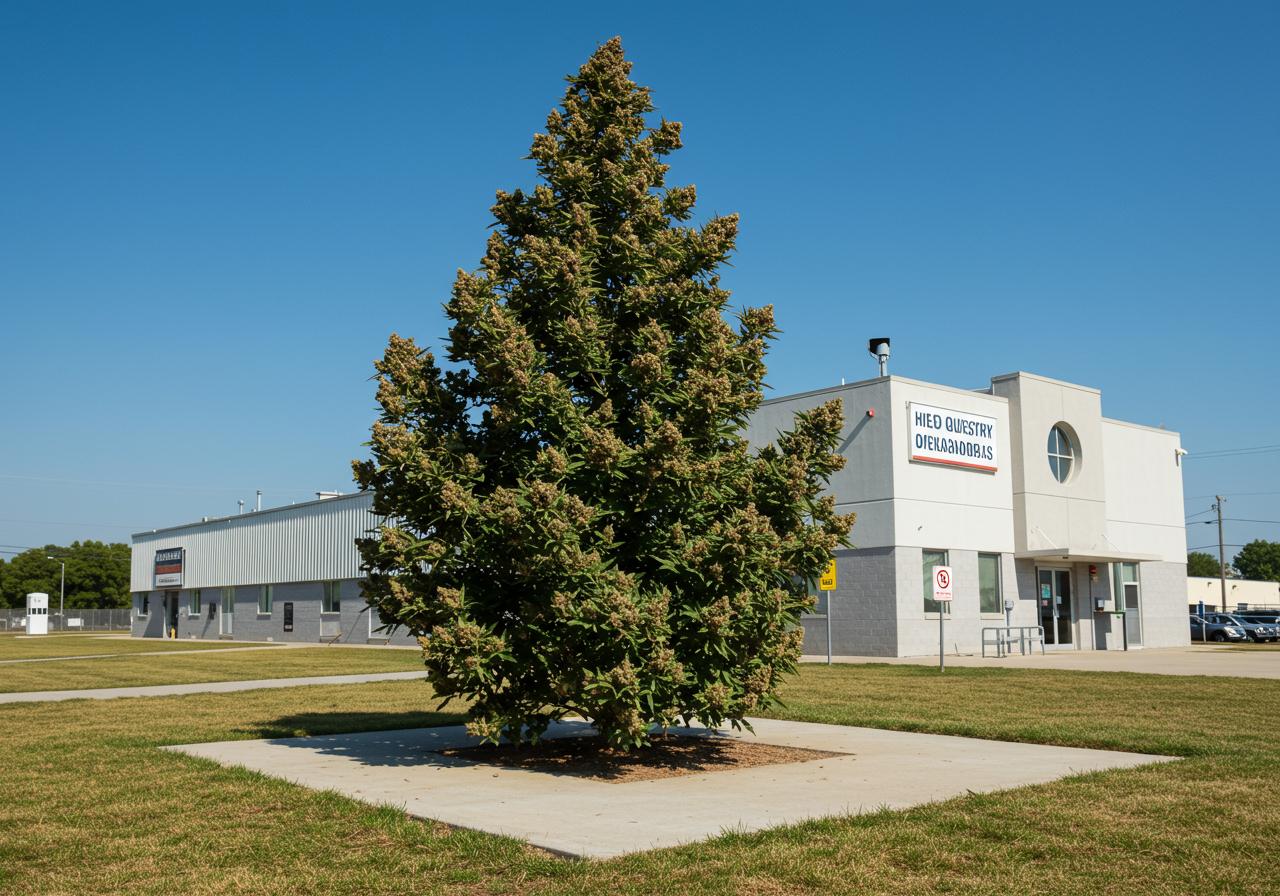
Current Legal Status: Medical, Not Recreational
Here’s the short of it: recreational cannabis is still illegal in Oklahoma. Medical patients, on the other hand, enjoy legal access to cannabis with the proper documentation. For those without a medical marijuana card, possession and use can lead to legal penalties. This “medical-only” status, while limiting recreational users, has created a robust market for patients and dispensaries, shaping consumer behavior and business opportunities in unique ways. If you’re new to cannabis, learning how to inhale weed properly and gauging the effects is important for a safe experience.
Getting a Medical Marijuana Card in Oklahoma
For Oklahomans, obtaining a medical marijuana card is a straightforward process but does require a few steps. First, prospective patients need a physician’s recommendation based on qualifying conditions. Next, they register with the Oklahoma Medical Marijuana Authority (OMMA), complete with residency proof and ID verification. While the card comes with a fee and needs periodic renewal, the benefits often outweigh the hurdles. First-time applicants are encouraged to consult reputable doctors and gather all necessary documentation to streamline the process. Along the way, understanding your dosing—especially with edibles like Delta 9 gummies—can help you use products safely and effectively.
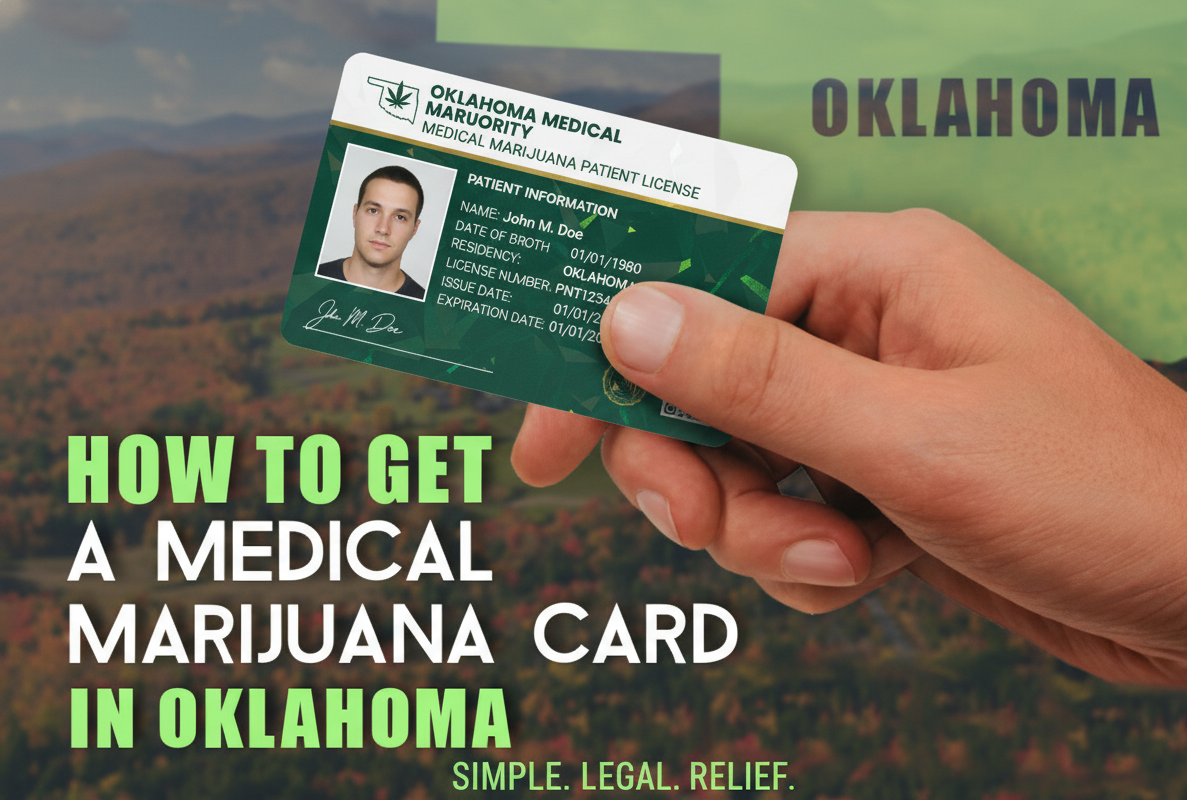
The Future of Cannabis in Oklahoma: Will Recreational Be Next?
As whispers of change circulate, many wonder if Oklahoma will soon embrace recreational cannabis. Current legislative efforts and ballot measures hint at a possible shift, though nothing is set in stone. Public opinion is gradually warming up, with advocacy movements gaining momentum. The potential economic benefits from a recreational market are alluring, promising increased tax revenues and job opportunities. However, what this could mean for existing patients and businesses remains a topic of lively debate. In the meantime, users exploring their options may want to learn more about how Delta 8 compares to Delta 9 THC to better understand potential alternatives.
Final Thoughts: Navigating Oklahoma’s Medical-Only Cannabis Scene
In Oklahoma, medical cannabis is the name of the game, while recreational use waits in the wings. Staying compliant with OMMA’s rules is not just advisable, but essential for legal peace of mind. As we look to the future, responsible and informed cannabis use remains at the forefront of the conversation. For those seeking to stay updated, numerous resources and state guidance are readily available, ensuring that Oklahomans can navigate their unique cannabis landscape with confidence and clarity.
